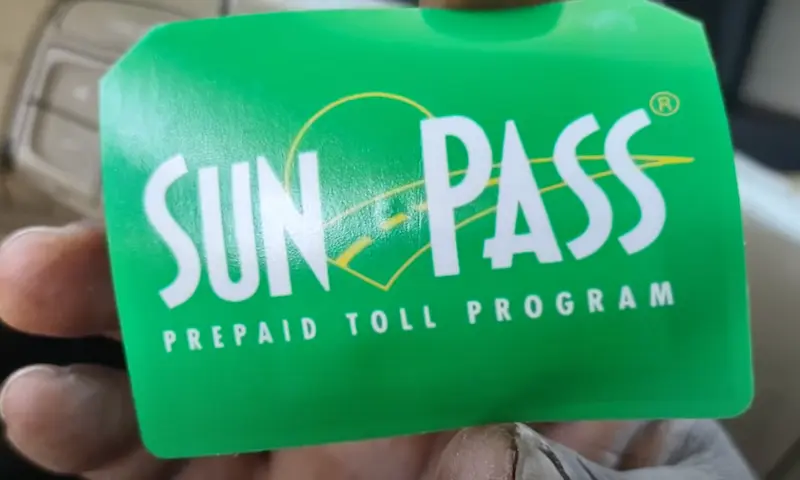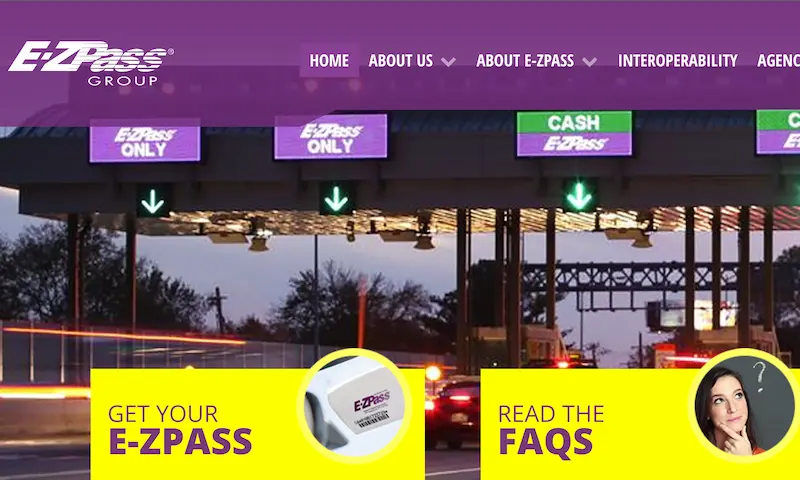Are you worried about how unpaid tolls might affect your driving privileges in Texas? You’re not alone. Unpaid tolls in Texas can indeed impact your driver’s license, potentially blocking its renewal or even leading to fines. Discover how these laws could affect you personally and learn what steps you can take to resolve unpaid tolls and avoid complications. Keep reading to find out more!
The Legal Implications of Unpaid Tolls
Unpaid tolls in Texas can lead to significant legal issues, including vehicle registration blocks, court costs, additional fines, and even criminal misdemeanor charges.
Vehicle Registration Blocks
If you accumulate a significant amount of unpaid tolls, Texas law allows the state to put a block on your vehicle registration. This means you won’t be able to renew your vehicle’s registration until you settle your toll debts.
Under the Texas Transportation Code, a driver can be categorized as a habitual violator if they have more than 100 unpaid toll charges within a year. This status can prevent you from legally driving your car on Texas roads by blocking the renewal of your vehicle registration.
Court Costs and Additional Fines
Failing to pay your tolls on time can escalate into legal action, resulting in court costs and additional fines. In Texas, unpaid toll violations are treated seriously, and you may need to appear in court to resolve the issue.
If the court finds you guilty of toll evasion, you could face hefty fines in addition to the amount you owe in tolls. Administrative fees can add to your financial burden, making it crucial to address unpaid tolls promptly. For instance, a new law limits administrative fees to $4 per violation, but the cumulative cost can still be high if you have multiple unpaid tolls.
Criminal Misdemeanor Charges
Aside from fines and registration issues, unpaid tolls can also lead to criminal charges. According to Section 370.11 of the Texas Transportation Code, toll evasion is considered a criminal misdemeanor.
If found guilty, you could face not only fines but also potential jail time. Being charged with a criminal misdemeanor can have long-lasting effects on your record, affecting your ability to secure jobs or even housing. It’s important to maintain a funded toll account and pay any outstanding tolls to avoid these severe repercussions.
How Nonpayment Leads to License Issues
Unpaid tolls can have significant consequences for Texas drivers. One key issue is the risk of license suspension which can arise from failure to appear in court or the entry of a guilty plea for toll violations.
Failure to Appear and Guilty Pleas
If you don’t pay your tolls, you might receive a notice to appear in court. Failing to show up can lead to bigger problems. Texas drivers who ignore this notice might face a warrant for their arrest.
Even if you go to court but plead guilty to multiple toll violations, you could still get into trouble. A guilty plea could mean more fines and increase the risk of being labeled a habitual violator.
Suspension and Reinstatement of Driver’s License
Repeatedly ignoring toll payments can lead to the suspension of your driver’s license. If you have too many unpaid tolls, you can be classified as a habitual violator under Texas law. Once this happens, your license might get suspended.
Getting your license back involves more steps. You may have to pay a reinstatement fee and clear all outstanding toll payments. The registered owner of the vehicle must also make sure all issues are resolved within the required jurisdiction.
By understanding these consequences, you can take steps to avoid license problems due to unpaid tolls.
Dealing with Toll Violations
Handling unpaid tolls in Texas is important to avoid penalties and keep your vehicle registration and license in good standing. Responding promptly can help you manage charges and prevent legal consequences.
Responding to a Toll Bill
When you receive a toll bill, it’s essential to address it right away. Texas law allows toll agencies to send bills by mail if you do not have a toll tag. The bill will usually include the toll amount, administrative fees, and due date.
If you ignore the bill, the fees can increase, and you could face additional penalties. Contact the toll agency if you believe there is an error. Acting quickly can prevent your bill from turning into a larger toll debt.
Toll Payment Methods and Plans
Paying your toll bill promptly is crucial to avoiding extra fines. You can pay tolls in various ways, including:
- Online: Visit the toll agency’s website.
- In Person: Use walk-up centers or retail locations.
- Mail: Send a check or money order.
- Phone: Use customer service numbers, like 1-888-468-9824.
For those with multiple unpaid tolls, a payment plan might be available. Payment plans can help manage the total amount due over time, making it easier to clear your debt.
Legal Actions for Habitual Violators
If you accumulate many unpaid tolls, you may be deemed a habitual violator. This means that after 100 or more unpaid tolls within a year, you could face legal actions. Authorities can impound your vehicle or block the renewal of your registration.
Additionally, fines can rise significantly, and you might need to address criminal misdemeanor charges. To avoid these severe consequences, it’s best to clear toll violations as soon as possible. Contacting the toll agency can help set up a plan or resolve outstanding tolls and fees.
The Consequences of Unresolved Toll Debts
Unresolved toll debts in Texas can have serious outcomes. These include the potential for vehicle impoundment, a ban on driving, and even arrest. Understanding these risks can help you avoid trouble with law enforcement.
Vehicle Impoundment and Ban
If you neglect to pay your tolls, your vehicle could be impounded. This means that law enforcement can seize your car and hold it until your debts are paid. In Texas, accumulating 100 or more unpaid tolls within a 12-month period can lead to stringent actions, including impoundment.
Impounding your vehicle comes with additional costs such as towing and storage fees. This compounds the financial burden and may make it harder to get your car back. Also, a registration hold can be placed on your vehicle, preventing renewal until toll debts are paid. Additionally, unpaid tolls can ban you from using toll roads entirely, restricting your travel routes significantly.
Arrests and Law Enforcement
Failing to pay your tolls can also result in arrests. If your toll debt remains unresolved, it can escalate to criminal charges. Under certain Texas laws, after 120 days of late payment, you risk facing criminal charges. This can lead to additional penalties and fines.
Moreover, law enforcement officers can ticket you for toll evasion. Repeat offenses may result in increased fines and legal repercussions. Being ticketed, especially multiple times, can tarnish your driving record and add further complications. Arrests and constant legal issues disrupt your daily life and add stress. Learn more about Texas toll violation laws.
Navigating the Toll Dispute Process
When disputing a toll, you will need to request a hearing, attend a court appearance, and possibly appeal a conviction. Each step involves specific actions and documentation. Understanding these steps can make the process smoother.
Requesting a Hearing
To dispute a toll, you first need to request a hearing. Start by completing a Toll Violation Defense Form. Include all necessary details like the date, your vehicle’s license plate number, and the toll invoice number.
Next, gather supporting documentation. This could be proof of payment, incorrect billing details, or evidence your vehicle was not in the area.
Send your completed form and documents via email to ViaPlus at the address provided on their dispute page. Request confirmation your submission has been received.
Court Appearance and Plea
If your dispute isn’t resolved through a hearing, you’ll need to appear in court. You’ll get a citation with the court date and location.
At your court appearance, you’ll enter a plea: guilty, not guilty, or no contest. Pleading not guilty typically leads to a trial.
Prepare your case by organizing all documents and evidence. The judge will hear both sides—yours and the toll authority’s. If they rule in your favor, the toll and fees may be waived. Otherwise, you’ll need to pay the toll and any additional fees.
Appealing a Conviction
If the court rules against you, you can appeal the conviction. Start by filing a notice of appeal with the court that heard your case. This must be done within a specific time frame, usually a few weeks.
You’ll then need to prepare an appeal brief. This document explains why you believe the court’s decision was wrong. Include facts, legal arguments, and evidence to support your case.
An appeals court will review your brief and decide whether to overturn the original decision. If successful, the toll charge and associated fees can be removed. If not, you’ll need to pay the original fees plus any additional court costs.
















